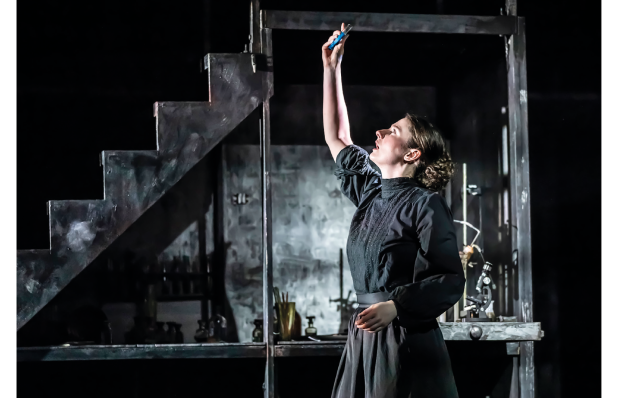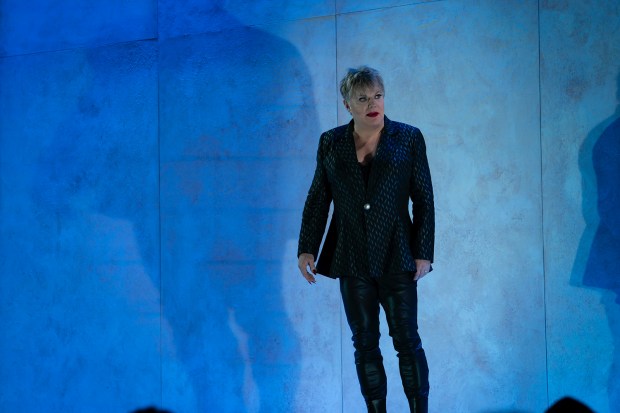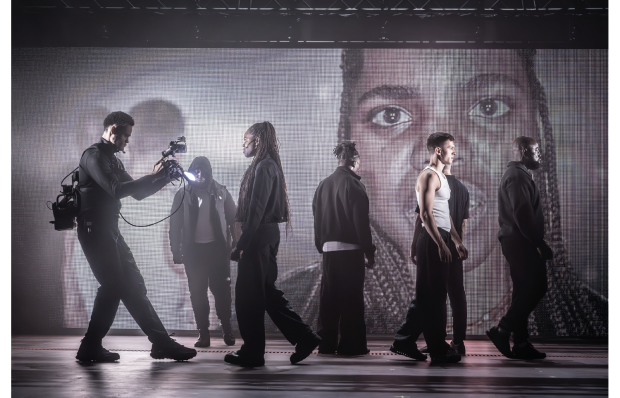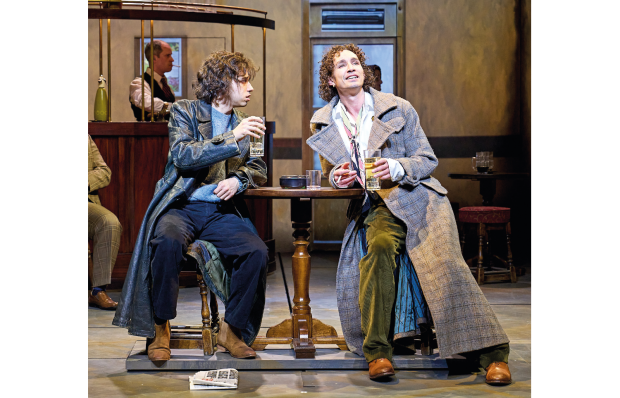Southwark Playhouse is beating the latest lockdown with a zingy new musical about social media. The performers, Francesca Forristal and Jordan Paul Clarke, remember the far-off days when Facebook was just a harmless supplement to ordinary social interactions. How did it turn into a freedom-gobbling corporate monster?
We meet the Zuckerbergs, Mark and Priscilla, as they usher a TV crew into their mansion like a pair of politburo bigwigs showing tourists around a glue factory in North Korea.
Already a subscriber? Log in
Subscribe for just $2 a week
Try a month of The Spectator Australia absolutely free and without commitment. Not only that but – if you choose to continue – you’ll pay just $2 a week for your first year.
- Unlimited access to spectator.com.au and app
- The weekly edition on the Spectator Australia app
- Spectator podcasts and newsletters
- Full access to spectator.co.uk
Unlock this article
You might disagree with half of it, but you’ll enjoy reading all of it. Try your first month for free, then just $2 a week for the remainder of your first year.














Comments
Don't miss out
Join the conversation with other Spectator Australia readers. Subscribe to leave a comment.
SUBSCRIBEAlready a subscriber? Log in